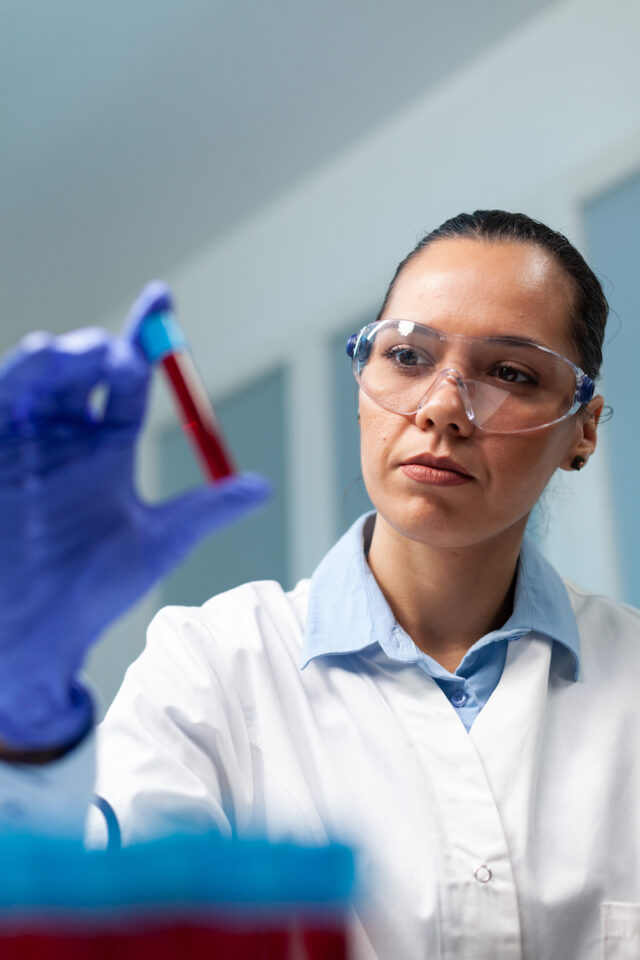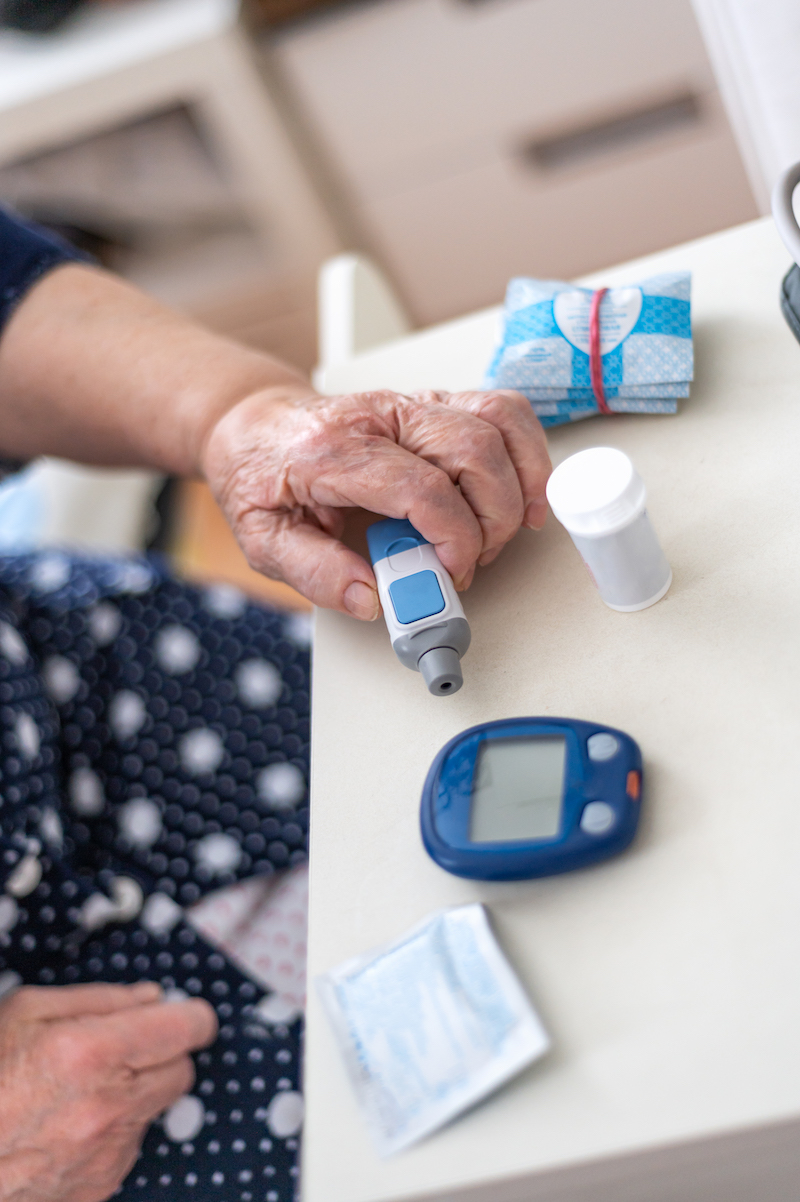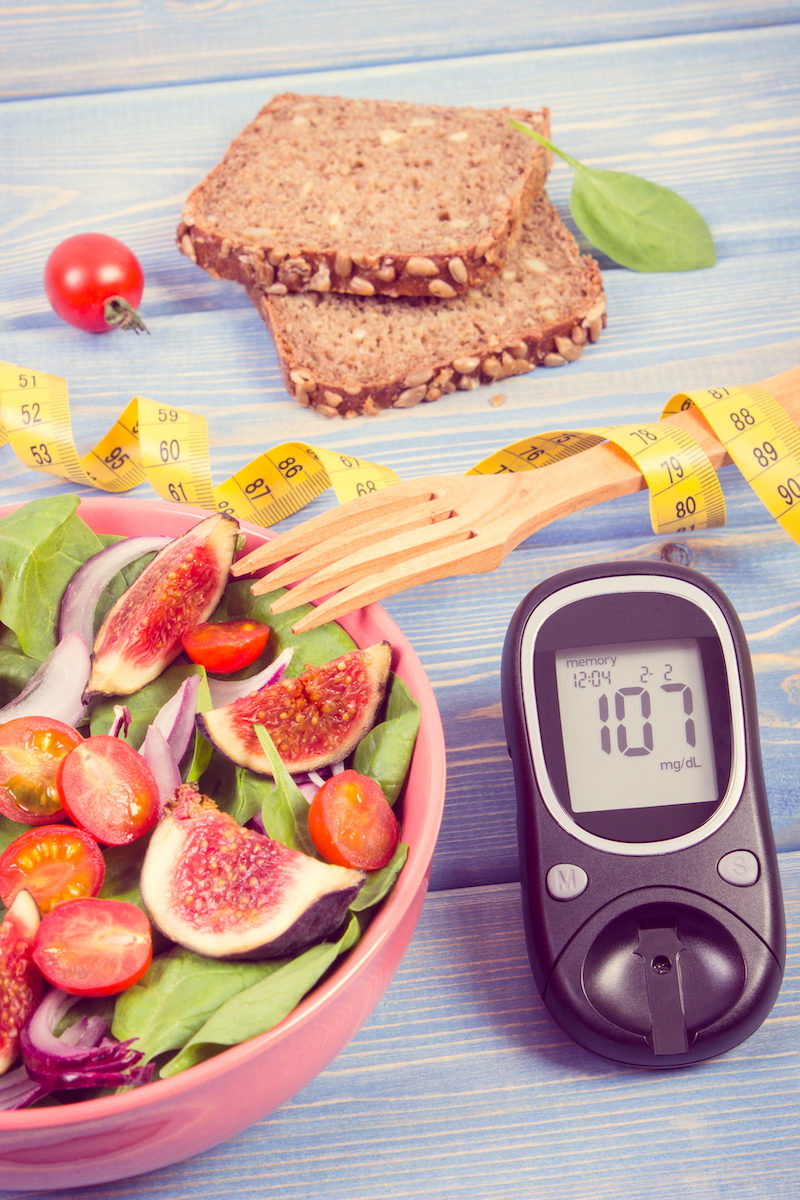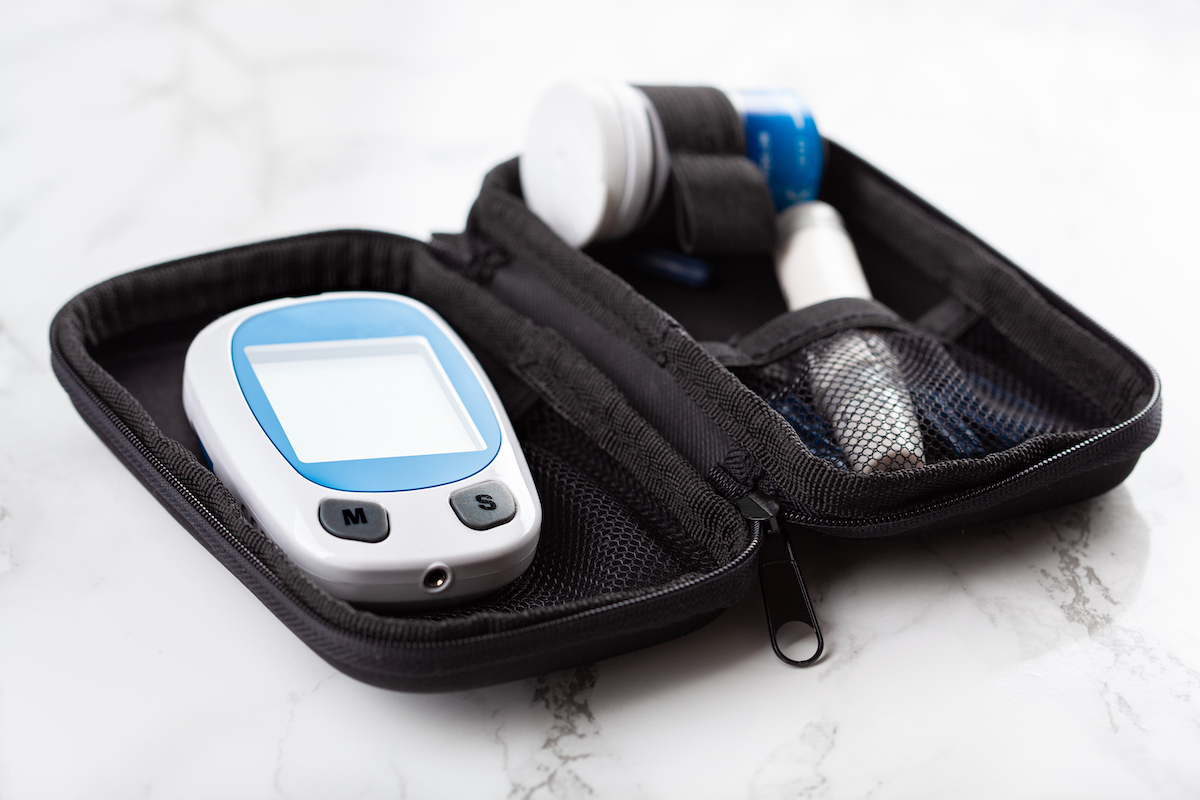Diabetic Wellness... Redefined.
What Is Physiologic Insulin Resensitization?
A New Way to Treat Diabetes!

Our Approach
Diamedics offers a patented approach called Physiologic Insulin Resensitization where insulin is administered as a hormone rather than a drug, addressing the primary cause of Diabetes which is metabolic failure. By utilizing insulin in a manner that bio-mimics normal physiology, this modality is designed to reduce insulin resistance and help blood sugar more readily enter each cell and be converted into energy.
Cellular Health
By increasing cellular energy, damaged tissues and organs may grow, repair, and regenerate. Thus, our approach may not only stabilize but patients have reported decreased complications of diabetes and other metabolic disorders.
Care Plan
Every patient’s degree of insulin resistance and efficiency of carbohydrate metabolism is unique; so we begin with a consultation to determine medical necessity and establish a physician-directed, individualized care plan.
Groundbreaking Diabetic CareMeet the Diamedics
Diamedics is helping Diabetics and Pre-Diabetics Get Back to Living their Best Lives!Conditions We Treat
- PreDiabetes
- Type 2
- Metabolic Syndrome
- Type 1
- Neuropathy
- Complications
Pre-Diabetes

Type 2 Diabetes

Metabolic Syndrome
Metabolic syndrome can be a serious health condition that warrants concern and puts you at higher risk of heart disease and diabetes. When you have at least three of the following conditions you are considered to have Metabolic Syndrome:

Type 1 Diabetes
Type 1 diabetes is an autoimmune disease that millions suffer from. Type 1 is also often referred to as juvenile diabetes, however adults can develop type 1 as well. Those who suffer from Type 1 Diabetes have an immune system that mistakes insulin producing cells in the pancreas for harmful bacteria or viruses. This in turn causes the pancreas to produce very little or no insulin at all. Insulin is essential to your body in that it helps to control your blood sugar levels and metabolism. This is why type 1 diabetics are also often referred to as insulin dependent.
Causes and Complications
Although the exact cause of type 1 diabetes is unknown, the cause of the complications that result are. Over time, type 1 diabetes can affect a lot of different areas of health including the heart, blood vessels, nerves, eyes, and kidneys. These effects can become long term complications such as kidney disease, nerve damage, blindness, heart attack, stroke, gum disease, and pregnancy complications.

Diabetic Neuropathy
Diabetic neuropathy is a type of nerve damage that occurs when nerves are damaged from long and regularly occurring high blood sugar which results in excess inflammation in the body. In most cases this happens in legs and feet but can also affect the arms, abdomen, and back. Most describe this as a tingling, numbness or burning pain.
Why is Diabetic Neuropathy Considered Dangerous
The nerve damage caused by diabetes can lead to more serious problems than just pain or a lack of feeling in your feet. Losing the feeling in different parts of your body can cause you to become desensitized to things that otherwise would be obvious and worrisome. For example, losing feeling in your feet can cause loss of balance and lead to falls resulting in broken bones and wounds. If you were to cut or wound yourself in a part of your body that has nerve damage, you may not notice it right away which in turn could cause poor healing and infection. Potentially, in more serious cases, infections can be life threatening. Diabetic neuropathy is a serious problem.

Diabetic Complications
Diabetes is a disease that hinders the body’s ability to produce, or respond to, insulin which results in abnormal metabolism of carbohydrates and elevated glucose levels in the blood. High and low glucose levels and abnormal metabolism can cause many complications.
While some people with diabetes may experience a number of these complications, some may not experience any. Complications or not, diabetes is a serious diagnosis that needs to be well-managed.
Are My Complications from Diabetes?
While many of the complications of diabetes can be caused by other health conditions, if you have a diabetes diagnosis and one of the complications listed below you can assume that they are linked.

Advanced TreatmentsComprehensive Diabetic Care
Call Your Local Diamedic
Book A Free Consultation
Physiologic Insulin Resensitization
The process of restoring the body’s cells’ responsiveness to insulin.
Diabetic Foot Ulcers and Wound Care
Advanced care for quick healing from long-term and non-healing wounds.
Resources on Living with Diabetes
We hold the promise to improve the quality of life for our patients.
How can the burden of diabetic symptoms be reduced?
The Science Behind Diabetes
Schull Institute Study: Insulin Infusion Therapy on Diabetic Complications (Oct. 27, 2015) Retrospective, observational study (n=60) reported.
Diamedics provide a patented treatment called Physiologic Insulin Resensitization (PIR) where insulin is administered as a hormone rather than a drug, which allows us to address Diabetes and Metabolic Failure at the cellular level.
Neuropathy Improved
Improvement in
HbA1c Reduction
Medications Reduction

More Locations Opening Near You!Join The Team
Using the latest technologies and medical breakthroughs you can help individuals suffering with diabetes get back to living life to the fullest!
Our highly trained team of Diamedics work with our patients to treat the effects of diabetes and develop an individualized care plan to address the root causes of the condition and reduce symptoms.




